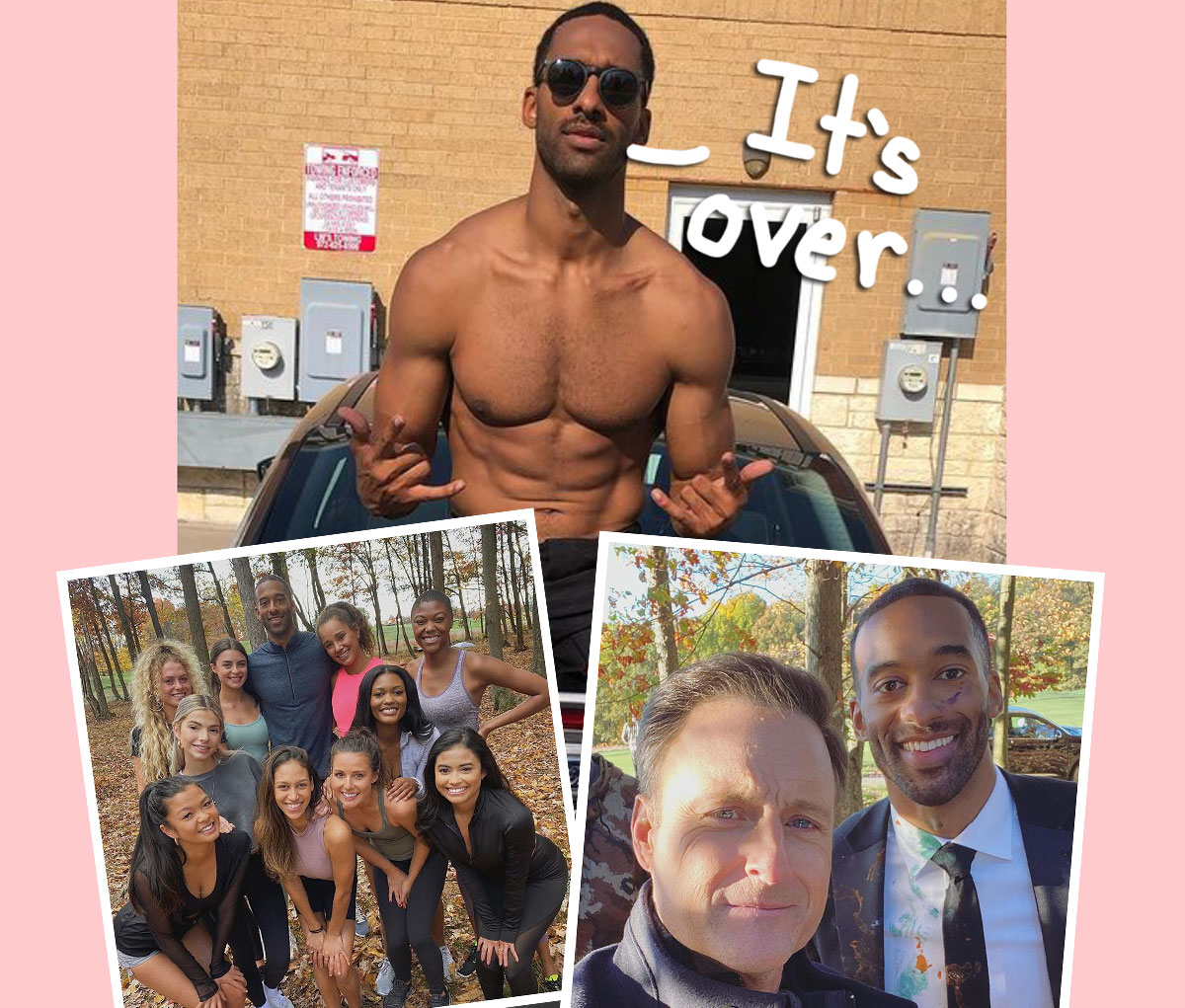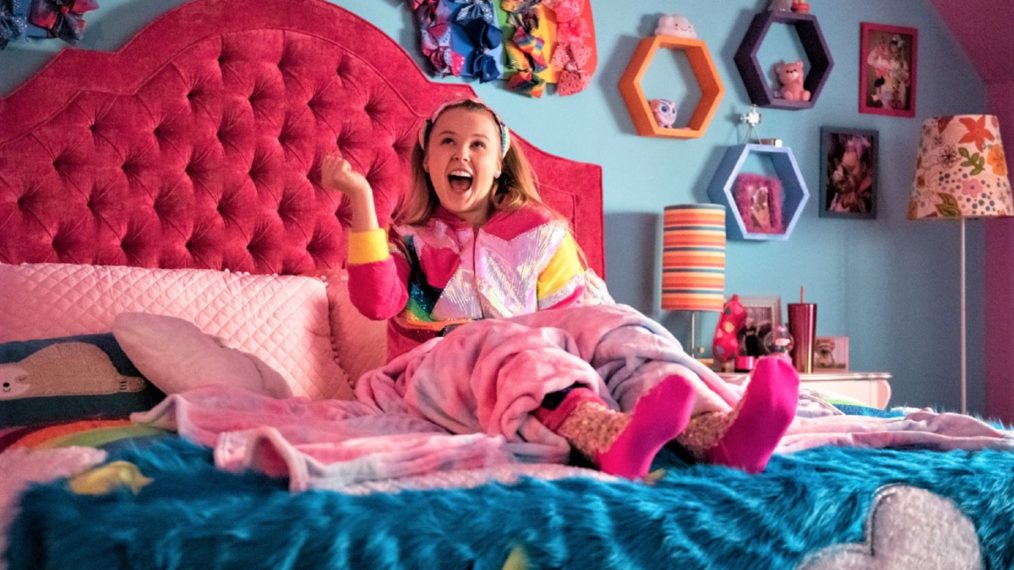#TCM’s Alicia Malone Talks ‘Women Make Film’ and the Importance of Contextualizing Classic Hollywood
“#TCM’s Alicia Malone Talks ‘Women Make Film’ and the Importance of Contextualizing Classic Hollywood”
Malone took the time to talk with me about the latest TCM project she is hosting: their Women Make Film series. The program features Mark Cousins’ documentary, a slate of one-hundred films made by women, and discussions with female filmmakers. Malone is the perfect host to introduce and discuss the subject, which she has already written two books about — Backwards and in Heels and The Female Gaze. However, even Malone learned new things about movies while hosting this series and she explains the wealth of film knowledge anyone can get out of this program, as well.
How does this project differ from the others you’ve worked on that cover women’s contributions to the film industry?
Something that’s really different is the way this series looks at filmmaking techniques. It’s a series that celebrates the craft and artistry of female filmmakers. I think so often when we talk to female filmmakers or when we talk about female filmmakers we limit the conversation to being about their struggles within the industry. It was an important conversation to have, particularly a couple of years ago when people weren’t aware of the level of gender inequality that happened behind the scenes in Hollywood. Now, I think thanks to MeToo, Times Up, and even Black Lives Matter, we know the importance of representation behind the scenes and on camera.
So now, we are able to shift the conversation to celebrate the filmmakers that have always been making movies from the beginning of cinema and to talk about them with as much serious analysis as we normally reserve for films made by men. That’s what’s really thrilling to me. To get to do that on TCM and talk to some of the filmmakers as well, like Barbara Kopple, about how she creates conversations in her documentaries is really exciting.
How does this series fit in with the programs TCM has done in the past?
Well, there are a lot of films that are playing not only for the first time on TCM but for the first time on US television. So, it’s exciting that we get to show films that we’ve never shown before. Our audience is very savvy when it comes to movies. They have a lot of film knowledge, but there are films here that not even the most hardcore film buff will have heard of. That’s something new and different.
This also furthers the agenda that TCM has always been celebrating diverse voices, which can be hard to do when we look just within Classic Hollywood. We often have conversations about who is being left out of Classic Hollywood. Here, by broadening the perspective to be able to show more modern films as well as classics and films from other countries as well as from Hollywood, we get to have a diverse slate of films that show characters with different races, different gender identities, different sexual orientations, and different talents or abilities. That also feels like it’s a continuation of what we’ve been trying to do on TCM, but also something new.
What does this series teach about cinema that maybe other documentaries or formal film school education doesn’t?
It’s about the inclusion of so many different filmmakers. One thing that Mark Cousins’ documentary does is overwhelm you with examples made by women. At the very beginning of the docuseries, Tilda Swinton as the narrator says, “Feel free to be angry that many of these great films have been overlooked, but also feel free to be delighted by the medium of film.” That’s how I felt while watching this whole series. It’s not necessarily teaching the chronological order of film history and women’s involvement in that, but it’s just showing you from example to example that women have made all kinds of films from all kinds of genres and there’s no reason we should limit them or not extend opportunities to women to make different kinds of stories. It’s about how thrilling it can be to see different kinds of stories, to see yourself represented on screen, but also to see people you’ve never seen represented on screen before.
Why do you think it’s important to introduce and provide context for older films as you’ll be doing for this series and as TCM has always done?
It’s very important to give context because it’s easy to look at films through our modern eyes. We see old movies and wonder why they do certain things, like blackface, something that happens quite a lot in Old Hollywood. So, I think it’s very important for us to call that out, to give perspective, and to talk about the time in which it was made so we’re not trying to excuse anything. We love to show films unedited to educate people.
That also applies to these films. There’s one scene that, through our Western eyes, is almost abusive towards a child, but it’s made in Mozambique. It’s about initiation between a child and an adult. When you watch that scene by itself in the film, you get quite shocked about it, but in the intro and the outro, we can really dig into what that scene was showing, where it is in the culture, and how it is different from our culture. Then you begin to understand that there are things that we’re not aware of because they’re not things we’ve experienced in our lives.
I’m a big proponent of not deleting anything from a film, not getting rid of films from film history. Instead, we should be using them as an example to talk about the kinds of things that have been shown in films that shouldn’t be or things that we’ve never seen before in films.
What do you think the effect of deleting certain films or scenes is in a historical sense?
It’s like retroactively trying to hide things and trying to pretend things weren’t as they were. In the end, if you end up leaving it there, it can hopefully lead to more difficult conversations about Hollywood history and the history of cinema. I think it’s important to have that conversation, be uncomfortable. We also need to treat our audience with intelligence. We don’t have to baby them by censoring anything. Our context is never a disclaimer to the audience to say, “Watch out, here comes something shocking.” It’s more about having a thoughtful discussion to place that movie within a context of history and time so that people can understand where that was coming from. It’s best to have those difficult conversations.
Are there any particular films and filmmakers that you’re excited about being covered in this series?
Yeah, I’m someone who has written two books about women in film and there were names I had never heard of before and films I had never seen. One film that I really loved was called Loving Couples. It’s by Mai Zetterling, who is a Swedish filmmaker. She was an actress and then she became a director. On this film, she worked with great cinematographers like Sven Nykvist, who also worked with Ingmar Bergman. She showed right from the beginning in her film debut that she had such a strong sense of where to place the camera and how to tell a nonlinear story or stories about women and different social experiences for women. That’s really exciting to see a filmmaker who from the very beginning had such command over her craft.
Then, to get to read about movies like Rafiki by Wanuri Kahiu and to get to talk to her about the idea of AFROBUBBLEGUM that she speaks about, which is her wanting to make vibrant stories from Africa that show happy people in love instead of the types of stories you often see from Africa about war, poverty, and AIDS. All of those issues are important to talk about, but there’s a danger in telling those single stories. Wanuri talks about how there is a danger in telling those singular stories and how exciting it can be when you see different types of stories from other countries.
What do you hope this series will lead to in the future of the film industry and how we talk about film in general?
I hope that it starts to make us question what we’ve studied traditionally in film schools and what has been covered traditionally in film books. Of course, there has been incredible work done by many historians about the work of women. When you look at those Top 100 Greatest Films of All Time lists that a lot of us go to when we’re starting to begin our film education, it’s often very limited to Hollywood films and movies made by men.
I hope that this starts to engender the question of why haven’t we studied these films [made by women] and can we reclaim their place in film history. Can we start to include them more in those kinds of lists? Can we think about the films that we talk about and the kinds of people who talk about film? There’s a bias in Hollywood about what a female filmmaker can make. They don’t just make romantic films and small dramas. Women have always made big action films and interesting sci-fi films. Hopefully, when we see more films made by women, we can start to question that bias and start to open up minds a little bit more to what female filmmakers are capable of.
It would also be great if we didn’t have to say “female filmmaker” and just say “filmmaker.” One day!
You can watch Alicia Malone host the Women Make Film series as it airs on Tuesdays at TCM or on their app WatchTCM.
If you want to read more Like this articles, you can visit our Social Media category.
if you want to watch Movies or Tv Shows go to Dizi.BuradaBiliyorum.Com for forums sites go to Forum.BuradaBiliyorum.Com



